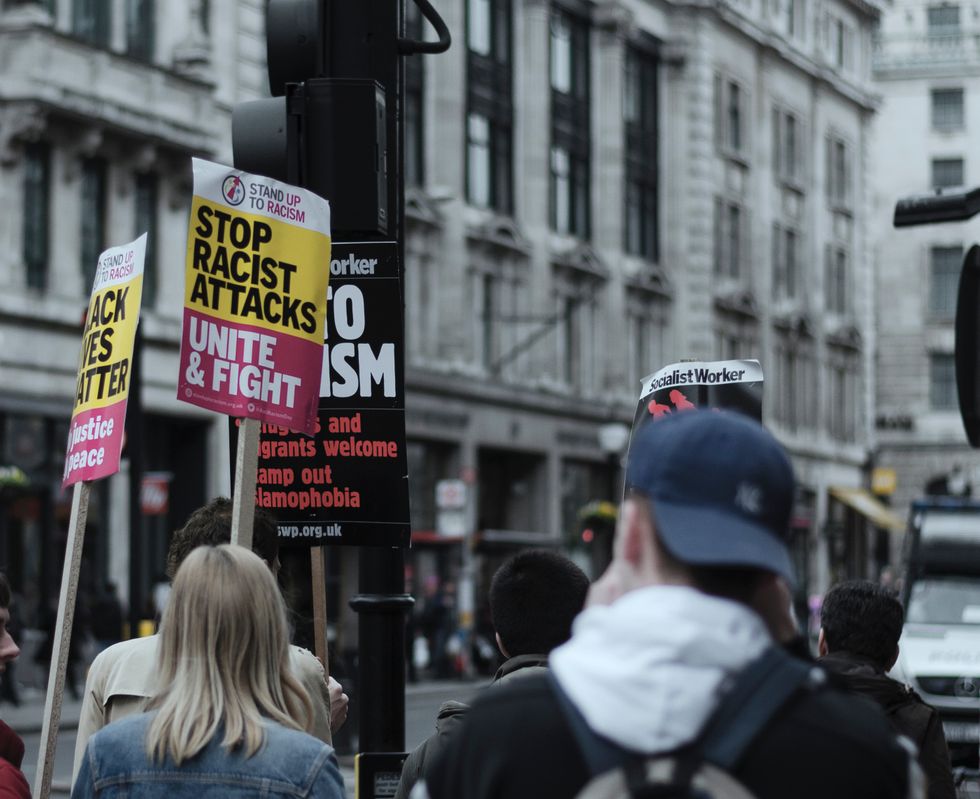Recently, I started reading "Bad Feminist" by Roxane Gay which is a collection of essays that range from gender and sexuality to politics, entertainment, and race. Roxane writes from a black woman feminist perspective and touches upon multiple aspects of racism. Some essays spark rage, others make me reflect on how I approach certain topics, but there's one essay, in particular, that's been on my mind for a few days now. This essay is titled, "The Solace of Preparing Fried Foods and Other Quaint Remembrances from 1960s Mississippi: Thoughts on 'The Help,'" it basically discusses how the movie "The Help" was written and directed by white folks who don't necessarily portray an accurate representation of racism in the 1960s. Roxane concludes the essay by saying,
"She [Kathryn Stockett the writer] caricatures back women, finding pieces of truth and genuine experience and distorting them to repulsive effect. She makes a very strong case for writers strictly writing what they know, not what they think they know but actually know nothing about." (217)
As a Latina and a minority in this country, I do understand where Roxane is coming from. Latinas are typically represented as hard-headed, sexy, feisty and at times even dumb women with thick accents. I'm not saying Latinas can't have any of those qualities, but it's the fact that at times these qualities as Roxane said, are distorted to a repulsive and inaccurate effect.
I'm not trying to discredit the experience other Latinas have had with racism because maybe I've just been lucky not to experience racism to a level in which I feel threatened. But when I see what Black women have to say about racism in their daily life, I feel like I have nothing to complain about. This being said, I'm not completely exempt from experiencing racism and I have dealt with it in the past on a smaller scale.
Typically, if a random person interacts with me for a short period of time, they probably wouldn't be able to tell that I have an accent and at times people are surprised to find out that I haven't been in this country for a long time. Then they proceed to congratulate me for being so articulate when speaking English.
At times, people think I didn't have to struggle to become a citizen. At times, people don't realize that behind this "Americanized" version of me, there's a strong Latina that tries hard to remain true to her roots while also be part of this American culture.
But even being a minority, I still feel as if I didn't have a right to comment on what racism looks like. Think about it, I only know my version of what racism is and feels like. I don't know what others have faced on a daily basis because of their skin color or nationality and that makes me nervous.
I never want to assume that I know exactly what racism looks like to others, but I want them to know that my version of what racism looks like is just as valid as any other.
Because racism shouldn't feel like a competition of who feels more oppressed.
Being a minority and a woman is already pressure enough.



















